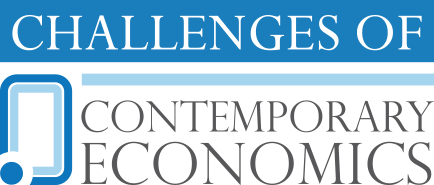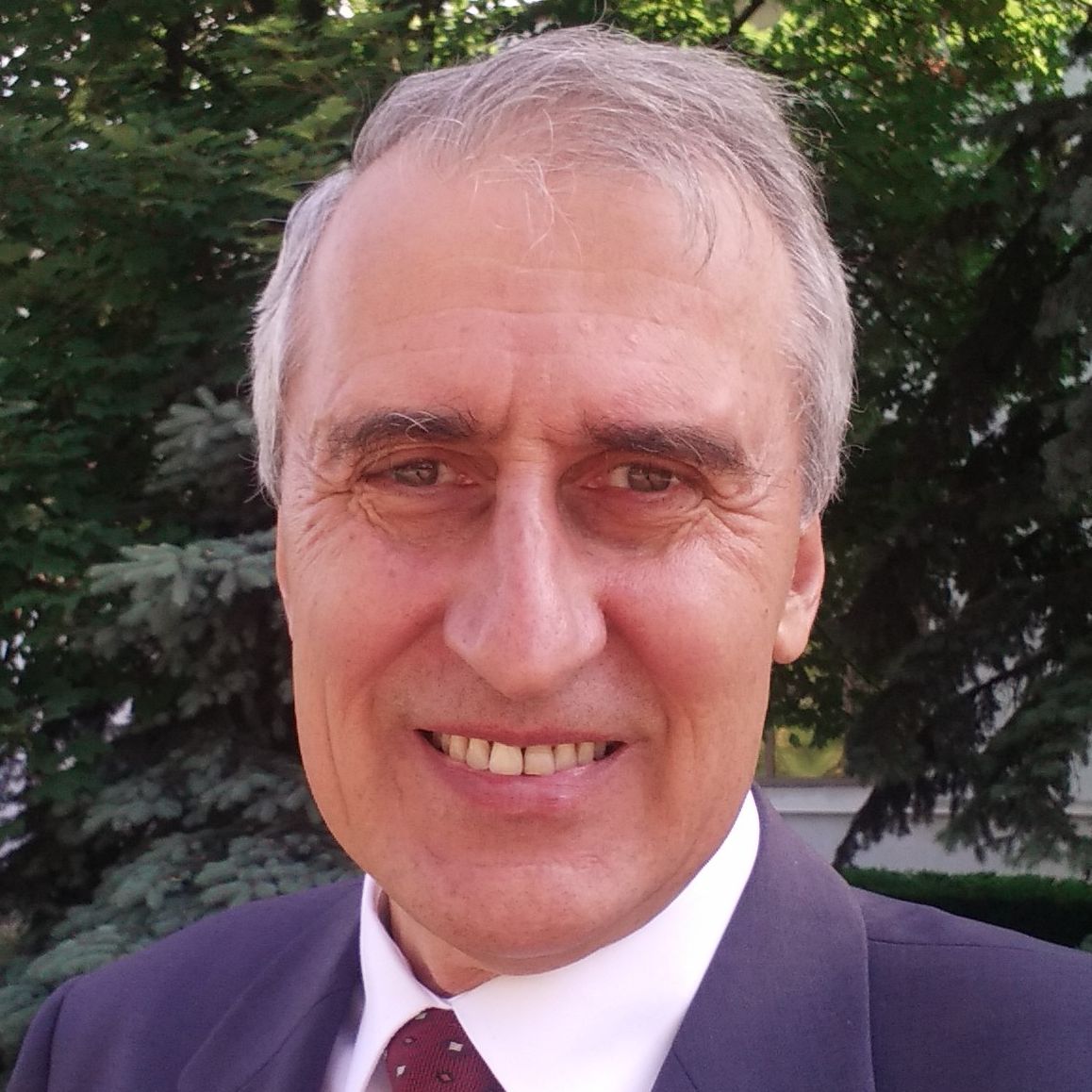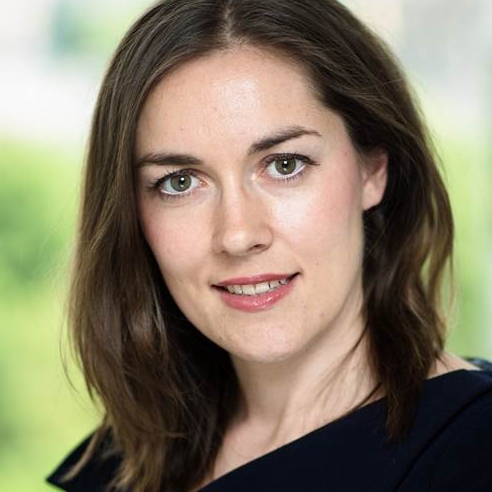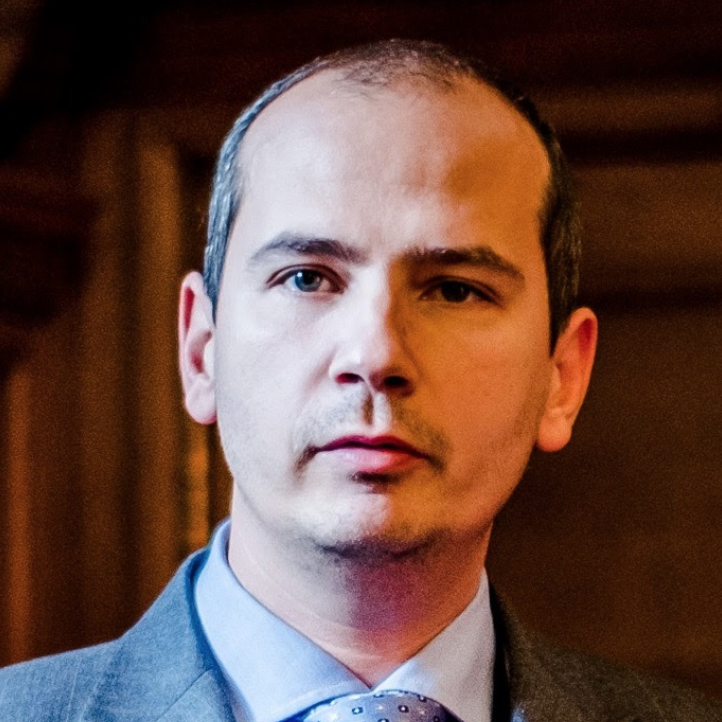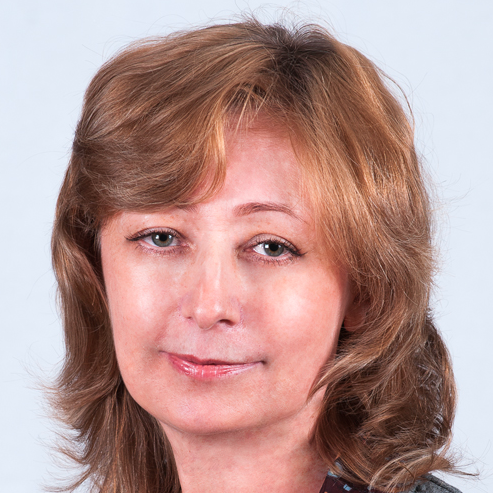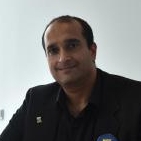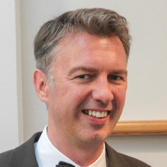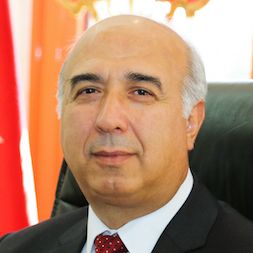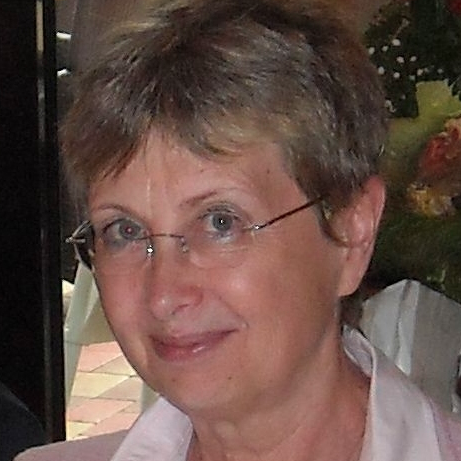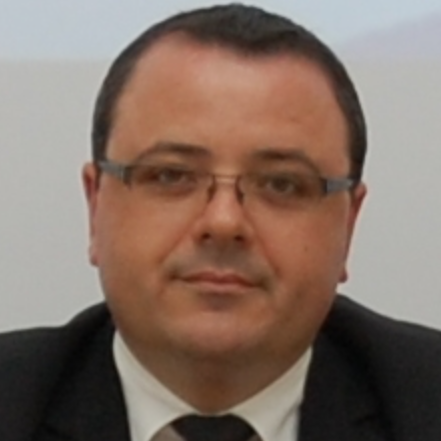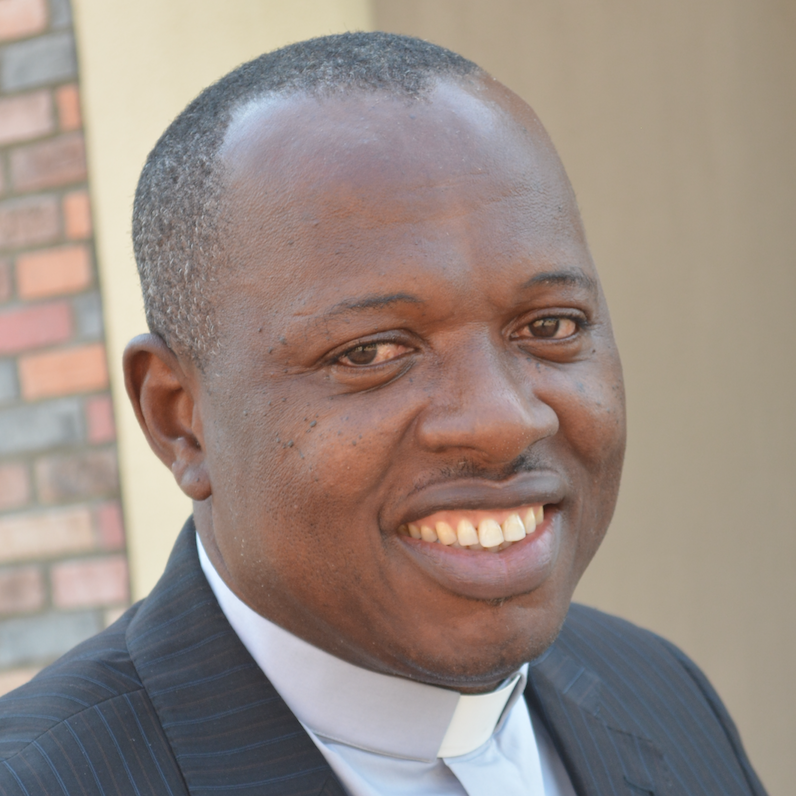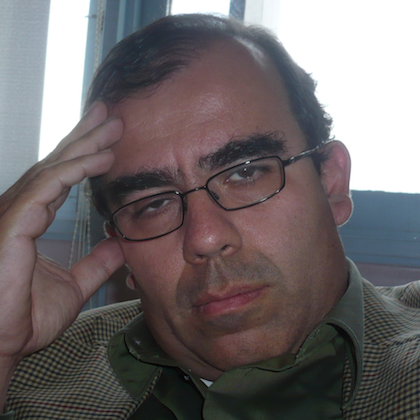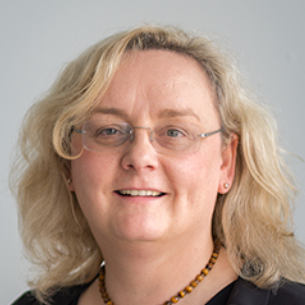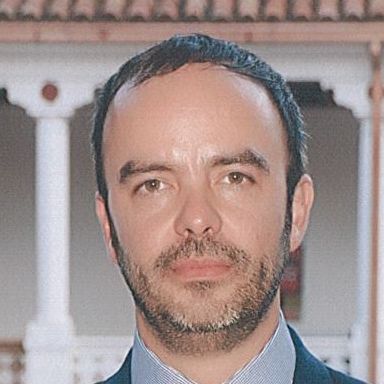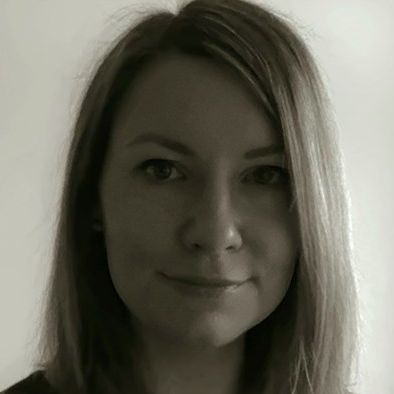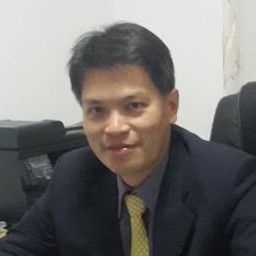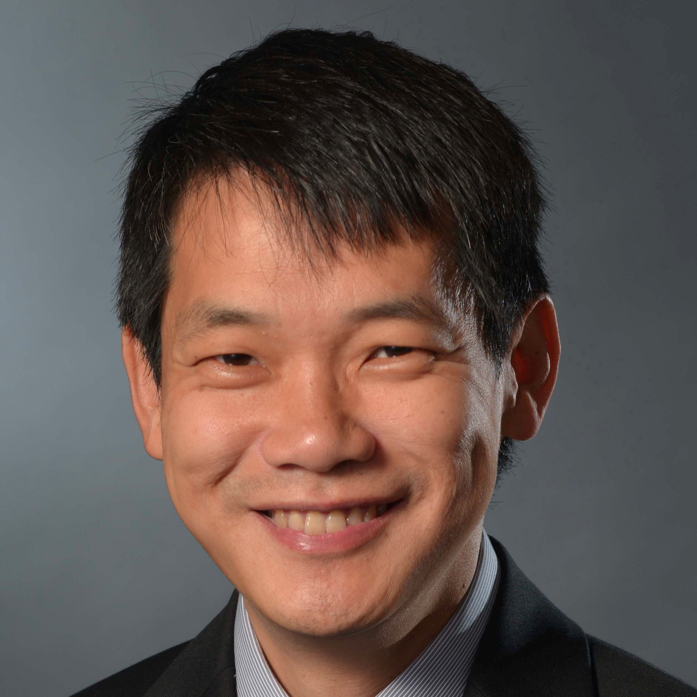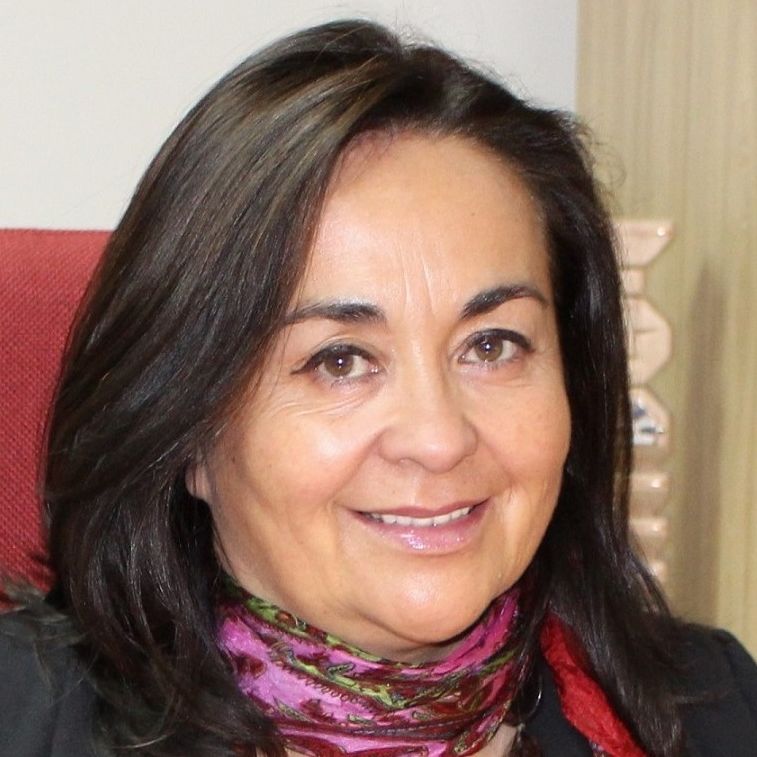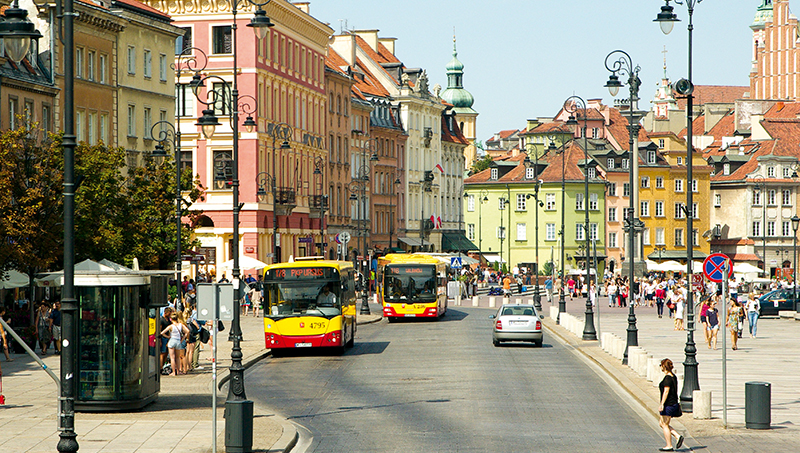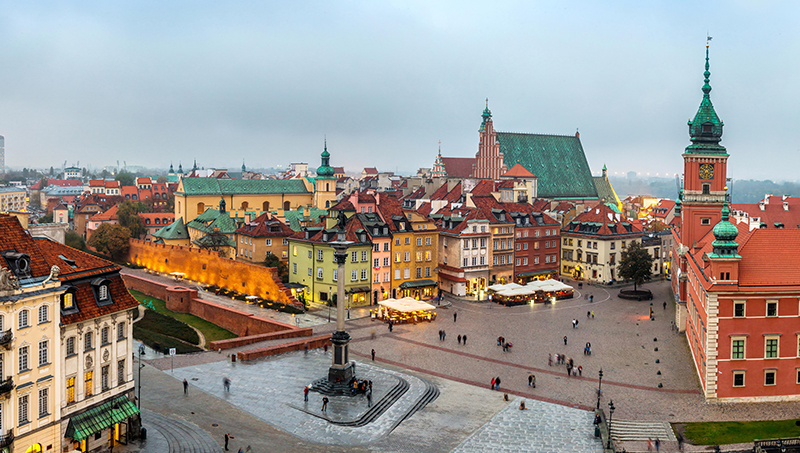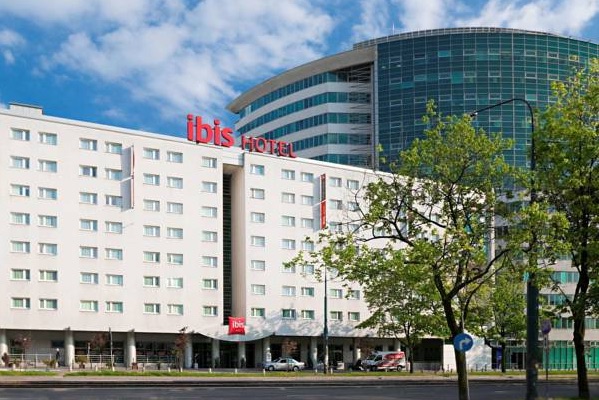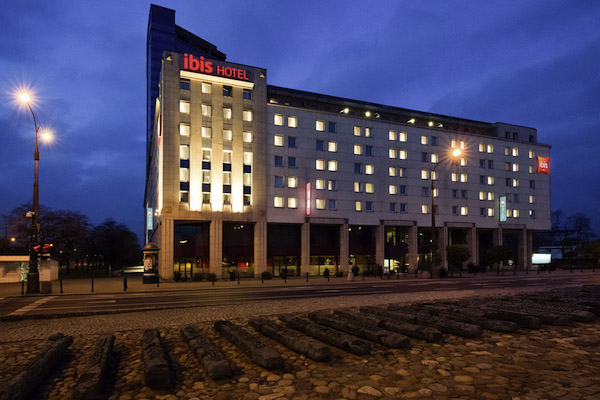Warsaw, GMT+2
- Dr Konrad Janowski (Rector, University of Economics and Human Sciences in Warsaw, Poland)
- Dr Marcin Staniewski (Vice-Rector for Science, University of Economics and Human Sciences in Warsaw, Poland)
Warsaw, GMT+2
Chair: Darek Haftor (University of Economics and Human Sciences in Warsaw, Poland and Uppsala University, Sweden)
-
Hafezali Iqbal Hussain (University of Economics and Human Sciences in Warsaw, Poland and Taylor's Business School, Taylor's University, Malaysia)
The Role of Exchange Rate and Oil Prices in Predicting Stock Price
Dynamics in ASEAN Countries: Evidence-Based on Quantile-On-Quantile Approach -
Andrea Senova (Technical University of Kosice, Slovakia),
Ingrid Kanuchova,
Lucia Domaracka,
Marcela Tausova
Innovative Business Methods: Start-up and Spin-off Approaches -
Alexandru Capatina (Dunarea de Jos University of Galati, Romania),
Deep learning and neural networks applications in Social Media content analysis -
Hrabrin Bachev (Institute of Agricultural Economics, Bulgaria),
Understanding and Assessing the âMissingâ Governance Pillar of Agrarian Sustainability -
Carlos Eduardo SepĂșlveda Rico (School of Economics at Universidad del Rosario in BogotĂĄ, Colombia),
Wellbeing in the Informal Economy in Latin America
Warsaw, GMT+2
Chair: RadosĆaw WiĆniewski (University of Economics and Human Sciences in Warsaw, Poland)
-
Valeska V. Geldres-Weiss (Universidad De La Frontera, Temuco, Chile)
Women's role in the Covid pandemic -
Anayo D. Nkamnebe (Nnamdi Azikiwe University, Awka, Anambra State, Nigeria)
The Africa's quest for economic development in the current milieu -
Chi Wei Su (School of Economics, Qingdao University),
Shi-Wen Huang (School of Economics, Qingdao University),
Meng Qin (Department of Economics, Party School of the Central Committee of the Chinese Communist Party),
Muhammad Umar (School of Business, Qingdao University)
Does Crude Oil Price Stimulate Economic Policy Uncertainty in BRICS? A Granger-causality in Quantiles Analysis -
Wing Suen (University of Hong Kong, Pokfulam, Hong Kong)
Radicalism in mass movements -
Katarzyna Bachnik (Hult International Business School, Cambridge, MA)
Female leadership and experience innovations
Warsaw, GMT+2
Chair: Marcin Staniewski (University of Economics and Human Sciences in Warsaw, Poland)
Journal presentation:
- James Fleck, Editor-in-Chief, Technology Analysis & Strategic Management
- Fred Phillips, Editor-in-Chief, Technological Forecasting & Social Change Journal
- Marinko Ć kare, Editor-in-Chief, Economic Research-Ekonomska istraĆŸivanja
- Zenonas Turskis, Editor-in-Chief, Technological & Economic Development of Economy
- Corina Saman, Editor-in-Chief, Romanian Journal of Economic Forecasting
- Marcin Staniewski, Editor-in-Chief, Contemporary Economics
- Dalia Streimikiene, Editor-in-Chief, Transformations in Bussiness and Economics
Warsaw, GMT+2
Chair: Justyna Franc-DÄ browska (Institute of Economics and Finance, Warsaw University of Life Sciences — SGGW, Poland)
-
Shaker A. Zahra (University of Minnesota, USA)
How I become the World's Most Influential Scientific Mind â a case from USA -
Mario Ruiz Arturo Estrada (University of Malaya, Malysia)
How I become the World's Most Influential Scientific Mind â a case from Malysia -
Zenonas Turskis (Vilnius Gediminas Technical University, Lithuania)
How I become the World's Most Influential Scientific Mind â a case from Lithuania -
Lutz Kilian (Federal Reserve Bank of Dallas, USA)
How to become one of the world's most influential scientific minds?
